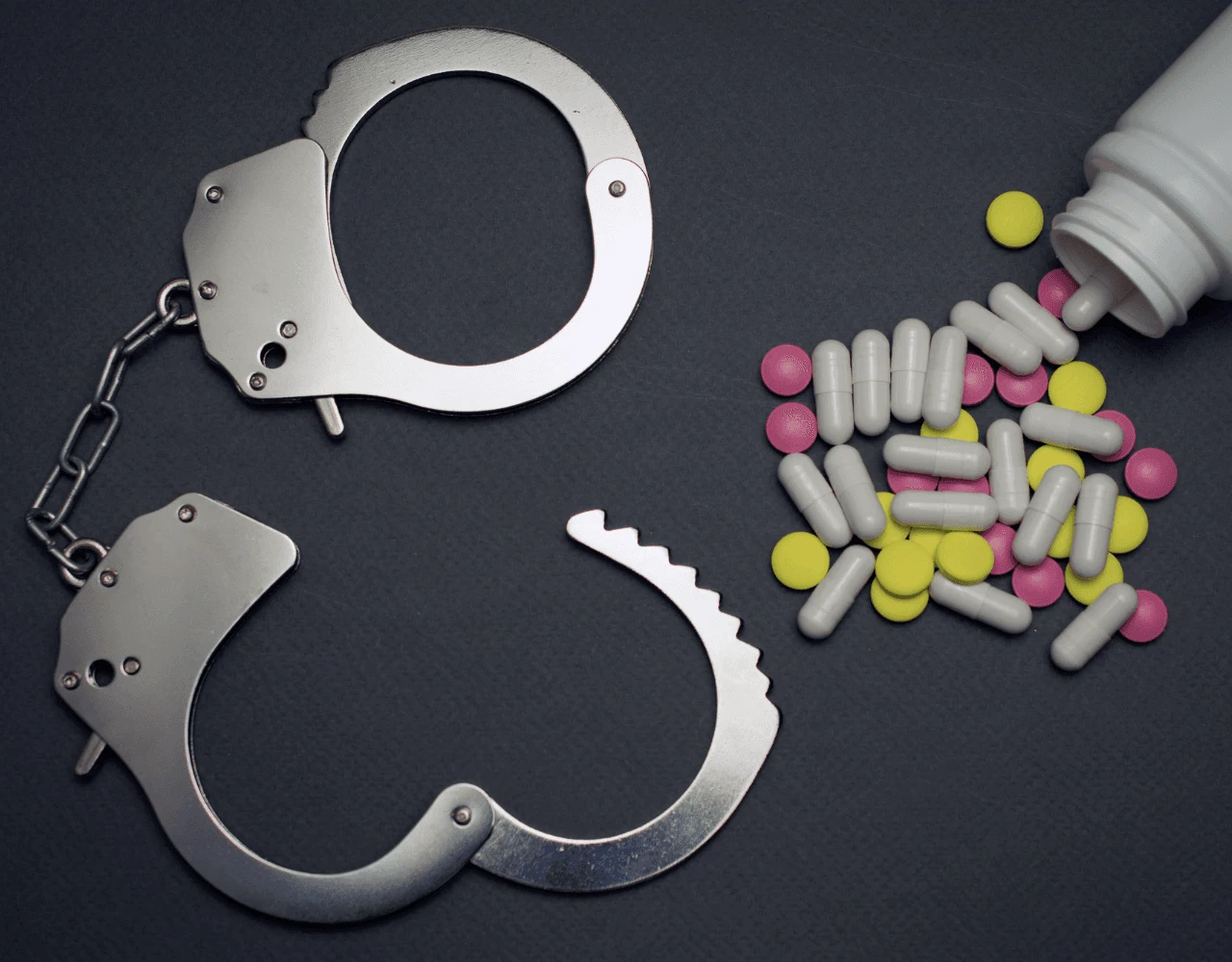Alternative Sentencing Options for Drug Charges in Chicago
2025-04-23T13:15:00
Being charged with Driving Under the Influence (DUI) means that you will be making at least a few court appearances. Before you show up for your arraignment (your first court appearance), there are a few things that you need to know and understand about DUI DWI.
Our experienced Illinois DUI attorneys are here to guide you through this difficult hearing process and will ensure you receive the best outcome possible.
Remember that people respond to how we are dressed. Your appearance is going to play a part in determining how the court rules on your case. One of the things that the judge wants to see is whether you are likely to commit another DUI offense, so you must do everything you can to show him that you have your act together, including dressing professionally. Males can put on a collared shirt, long pants, and a tie. If you have a formal coat, put that on as well. Women can go with skirts, blouses, or anything that appears professional and conservative.

‘Sir,’ ‘miss,’ or ‘madam’ might also convey respect, but it is best to address the judge with their proper title. Not all judges are rigid about this rule, but it is best not to take any chances.
Regardless of how you plan to plead, an attorney can help your case. If you want to go with ‘not guilty,’ you absolutely need a lawyer by your side, and if you cannot afford one, the state is obligated to provide you with one.
Even if you want to plead guilty, a lawyer might be able to negotiate a more lenient sentence or fine on your behalf. DUI cases are rarely ever simple, and it is unlikely that you will be able to successfully fight your charge without legal representation.
If your attorney wants you to word your statement in a certain way, make sure to follow his advice. Arguing with your lawyer will only harm your case as the court will see your actions as disrespectful to your legal representation and the system as a whole.
Prior to your arraignment, you need to be clear about whether you will plead guilty or not guilty. Of course, this all-important decision is never easy to make, so it is better to consult a few attorneys, explain your case in as much detail as possible, and get their recommendations. There are plenty of attorneys who offer free preliminary consultations to help you figure out the route you should take.
If you or your DUI attorney thinks that it is a good idea for you to plead guilty or no contest, the prosecutor probably has clear proof of your DUI offense. You should:
DUI penalties vary between cases and states. Having dealt with numerous DUI cases, attorneys have a fair idea about how specific judges charge specific cases, and, if there is a chance that you might receive jail time, an attorney can predict the length of your sentence.
If you plead guilty, you would want to show the judge that you are committed to improving yourself. One of the ways you can do this is by volunteering to receive counseling or enrolling yourself in a drug or alcohol course. Research about such courses available in your area, and discuss with your attorney about court preferences regarding specific courses or counselors.
Whichever program you sign up for, please do NOT leave it midway, as the judge will see it as a lack of dedication on your part and will be unlikely to reduce your sentence.
So, even though you might have to endure fines and license suspension, you have a good chance of getting your sentence reduced, as long as you keep working towards rehabilitation – especially if you have no prior DUI offenses.
Just like with a guilty plea, a not-guilty one has a good reason behind it. You probably believe that there is evidence that can prove you innocent, and a trusted lawyer will be able to find this evidence and get it documented. The first step, however, is to:
When you plead not guilty at your arraignment, you will have to pay for your bail, or else you will be sent to jail until your trial. A bail bond agent can give you a fair idea about how much your bail will cost so that you are prepared to pay that amount on your arraignment date.
Once you are prepared to post bail, you need to:
If you or your attorney believes that your field sobriety test might help you get an innocent verdict, you will have to request law enforcement to preserve any video recording. This request is made through a formal letter, and your lawyer will guide you through the process. Remember that if you do not make this request, the police department will destroy all evidence after 90 days.
Your police report will help you comprehend what you are up against. Again, you will have to make a request to receive the police report, and your attorney will help you move forward with it. In some instances, your lawyer will have to file a motion to get the report released.

The prosecution needs to prove your guilt beyond a reasonable doubt. So, as long as you can show reasonable doubt, you will walk free. Once you have all the evidence that you need, it is time to proceed with the next step of your strategy and find all the ways that you can dismantle the prosecution’s case.
Your attorney will ask numerous questions about the day you were arrested, and it is your responsibility to answer those honestly and in as much detail as possible. Based on the information you provide, your attorney will try to find some sort of error committed by the state. You could prove that the arresting officer did not have reasonable cause, or maybe you have a condition that might have given inaccurate breathalyzer results.
Ranging from gathering evidence to compiling witness testimonies, you have done all you could do. Now it is up to the judge to hear the case and decide whether to find you guilty or not. Make sure to go over your testimony with your lawyer, and, no matter what the situation in court, stay calm and respectful during your trial.
In conclusion, a DUI charge is pretty serious, and the entire legal procedure surrounding it can be stressful and overwhelming. However, with an experienced criminal defense attorney by your side, there is a fair chance that you will be able to avoid jail time and perhaps even be found innocent. If you or a loved one is looking for advice or representation on a DUI case, please feel free to reach out to us.

2025-04-23T13:15:00

2025-04-07T11:50:40

2025-03-24T11:55:03

